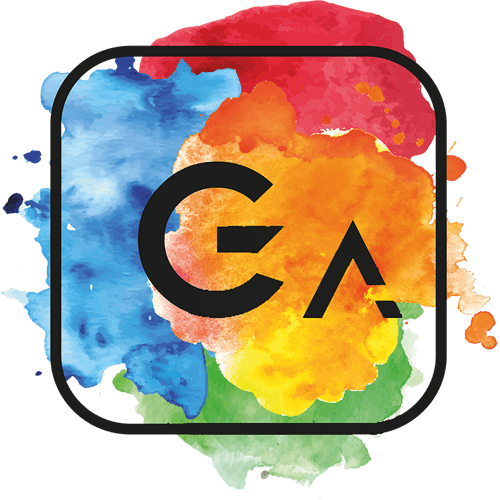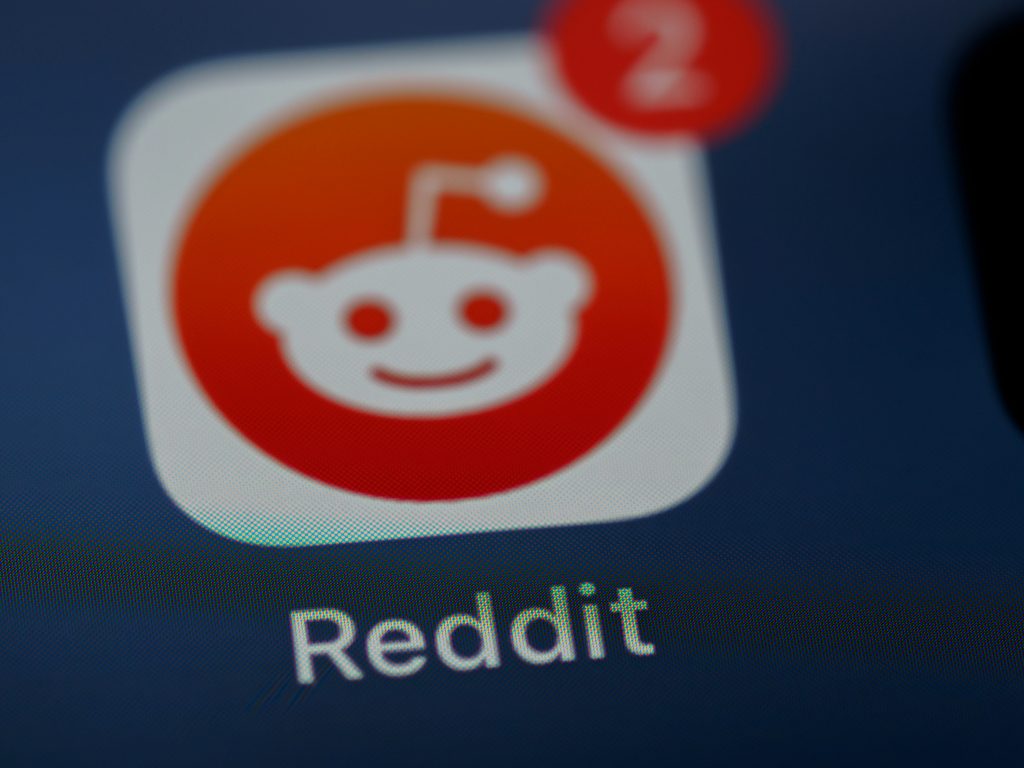For more than a decade now, we have been in an era of digital transformation. Entire industries and services now not just exist, but thrive — many of which didn’t exist even 10 years ago, or were at least in their infancy. The music industry has seen a major upheaval. It is about to see another considerable change, this time by colliding with financial technology.
In the music world, the physical format is being replaced by digital. By Q2 of 2021 there were over 523 million people subscribing to music streaming platforms — this discounts the many more that listen using the ad-supported version of streaming apps.
We can also draw a line to the rise of another digital format — Non-Fungible Tokens. Using blockchains and digital ledger technology, those creating, selling and buying NFTs can be assured of their one-of-a-kind value. For artists and creators, NFTs open up more possibilities to sell their art, and even generate longer-term revenue.
The two worlds of digital music, fintech and crypto, are likely to collide.
Fair remuneration for artists
Like any solution, the idea of remunerating musicians with cryptocurrency was as a response to a criticism often voiced by artists: that music streaming platforms alone cannot give them a “living” — they cannot survive off these royalties alone. The issue of earnings is already complex, especially when we consider the value chain involved, as labels, producers, publishers, all collect their own percentage.
This is a significant issue, and the existential reality has crossed over into politics, as a report from Members of Parliament in the UK are now calling for music streaming platforms to ensure fair pay for artists.
To counteract these criticisms, and meet the demands of the report, some platforms have found a solution by offering to pay with digital currency — potentially heralding a new age of fintech, crypto and music collaboration. Two main types of artist remuneration systems have been identified:
- Traditional streaming platform: with intermediaries between the artist and the platform, where the artist has the choice to get their royalties in traditional currency or in the cryptocurrency of their choice.
- Collaborative platform: The platform has a decentralised music sharing and streaming protocol that aims to cut out the middleman from the music industry and allow fans, subscribers and creators to interact directly with each other. The platform has its own token, artists post their work to the platform, it is stored in a third party system and artists are paid directly by listeners who have paid for tokens. Those who wish to listen to the music of their favourite artist and interact with them, pay in tokens, which will then be either – in part or in full – transferred to the artist’s wallet.
Blockchain, proof of authorship
The blockchain can be an additional way of proving authorship. It has demonstrated its worth as a means of certifying digital documents meaning it therefore offers an economical way to prove authorship. This in turn makes it easier for artists to get the money they should be receiving.
More and more new platforms are now using blockchain in their process of identifying ownership of music. Depending on the platform, the process is simple: you have to fill in a form, upload your identity document and the file with the information relating to the creation you want to protect. You will then have a digital fingerprint that will be recorded on the blockchain and time-stamped. It is possible to use this process for each step of the creation.
A blockchain can also be used when two or more artists collaborate to create the same music. This is productive collaboration. Here, the blockchain can be used to identify and confirm the authorship of a work, ensuring fair and just remuneration for all parties. Platforms can boost this by offering to feed in metadata regarding the role of each person in the production of the song, which is all confirmed and set in stone on the blockchain.
So what does the future hold?
Combining blockchain-enabled technology and functionality will be a difficult task. Audio platforms and the value chain that supports them are well-established by a small number of companies — and for many it will not be in their vested interests to innovate here.
But, against a backdrop of artist’s voices demanding change, and a public that supports them, the tide may change in favour of evolving artist remuneration.
The future possibilities of the use case for blockchain in music are very wide. Many new possibilities to create, store and share music in the future can be made realvia the blockchain — to the benefit of artists, audiences, and the platforms supporting them.
~
With our multidisciplinary approach, Gallium has expertise in the worlds of fintech, crypto and music tech. If you work in these sectors and are looking for support towards a product or service launch, why not give us a call. We’d love to chat and see the ways in which we too could collaborate.





